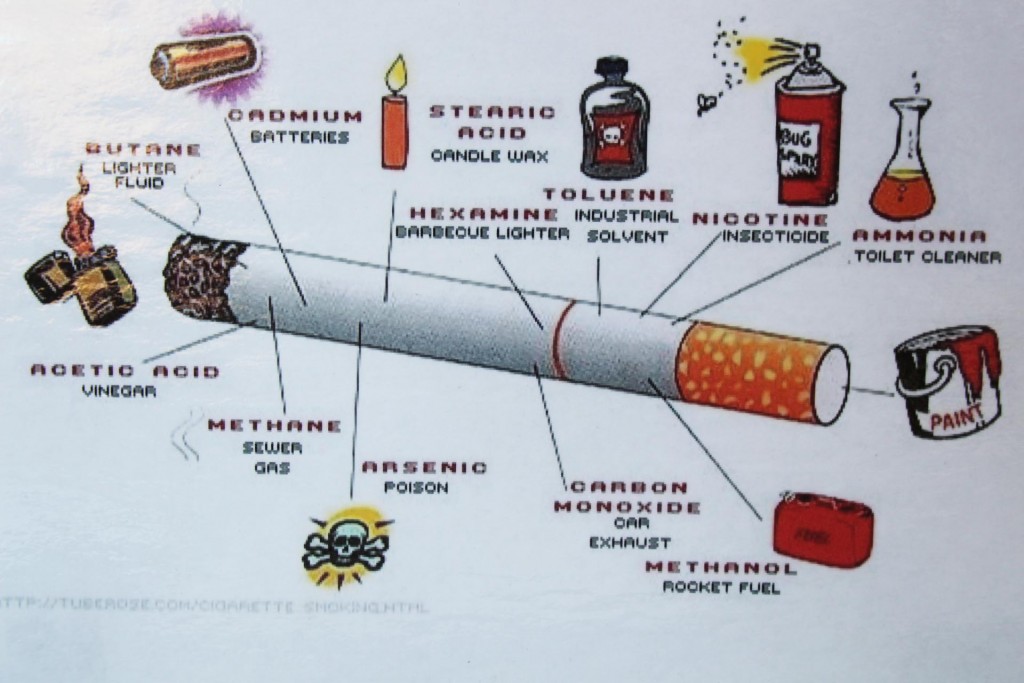Latest News
Fight the Flu – Flu Vaccines Available
Speare Expands Breast Cancer Education During Awareness Month
 You don’t have to wait until the New Year to make a resolution to kick the habit. Today is the Great American Smokeout and a great day to give up smoking for good. According to the website for the American Cancer Society, the idea for the Great American Smokeout grew from a 1970 event in Randolph, Massachusetts, at which Arthur P. Mullaney asked people to give up cigarettes for a day and donate the money they would have spent on cigarettes to a high school scholarship fund. Then in 1974, Lynn R. Smith, editor of the Monticello Times in Minnesota, spearheaded the state’s first D-Day, or Don’t Smoke Day.
You don’t have to wait until the New Year to make a resolution to kick the habit. Today is the Great American Smokeout and a great day to give up smoking for good. According to the website for the American Cancer Society, the idea for the Great American Smokeout grew from a 1970 event in Randolph, Massachusetts, at which Arthur P. Mullaney asked people to give up cigarettes for a day and donate the money they would have spent on cigarettes to a high school scholarship fund. Then in 1974, Lynn R. Smith, editor of the Monticello Times in Minnesota, spearheaded the state’s first D-Day, or Don’t Smoke Day.
The idea blossomed, and on November 18, 1976, the California Division of the American Cancer Society got nearly 1 million smokers to quit for the day. That California event marked the first Great American Smokeout, and the Society took the program nationwide in 1977. Since then, there have been dramatic changes in the way society views tobacco advertising and tobacco use. Many public places and work areas are now smoke-free, this protects non-smokers and supports smokers who want to quit.
 Today, the Great American Smokeout is sponsored by the American Cancer Society and takes place every year on the third Thursday of November. By quitting, even for one day, smokers take an important step towards a healthier life. Tobacco use remains the single largest preventable cause of disease and premature death in the US, yet about 42 million Americans still smoke cigarettes, that’s a little under 1 in every 5 adults. CLICK HERE to see information on quitting and resources that can help you quit.
Today, the Great American Smokeout is sponsored by the American Cancer Society and takes place every year on the third Thursday of November. By quitting, even for one day, smokers take an important step towards a healthier life. Tobacco use remains the single largest preventable cause of disease and premature death in the US, yet about 42 million Americans still smoke cigarettes, that’s a little under 1 in every 5 adults. CLICK HERE to see information on quitting and resources that can help you quit.
* When smokers quit – what are the benefits over time?
20 minutes after quitting
Your heart rate and blood pressure drop.
12 hours after quitting
The carbon monoxide level in your blood drops to normal.
2 weeks to 3 months after quitting
Your circulation improves and your lung function increases.
1 to 9 months after quitting
Coughing and shortness of breath decrease; cilia (tiny hair-like structures that move mucus out of the lungs) start to regain normal function in the lungs, increasing the ability to handle mucus, clean the lungs, and reduce the risk of infection.
1 year after quitting
The excess risk of coronary heart disease is half that of a continuing smoker’s.
5 years after quitting
Risk of cancer of the mouth, throat, esophagus, and bladder are cut in half. Cervical cancer risk falls to that of a non-smoker. Stroke risk can fall to that of a non-smoker after 2-5 years.
10 years after quitting
The risk of dying from lung cancer is about half that of a person who is still smoking. The risk of cancer of the larynx (voice box) and pancreas decreases.
15 years after quitting
The risk of coronary heart disease is that of a non-smoker’s.
These are just a few of the benefits of quitting smoking for good. Quitting smoking lowers the risk of diabetes, lets blood vessels work better, and helps the heart and lungs. Quitting while you are younger will reduce your health risks more, but quitting at any age can give back years of life that would be lost by continuing to smoke.
* Information from the American Cancer Society

